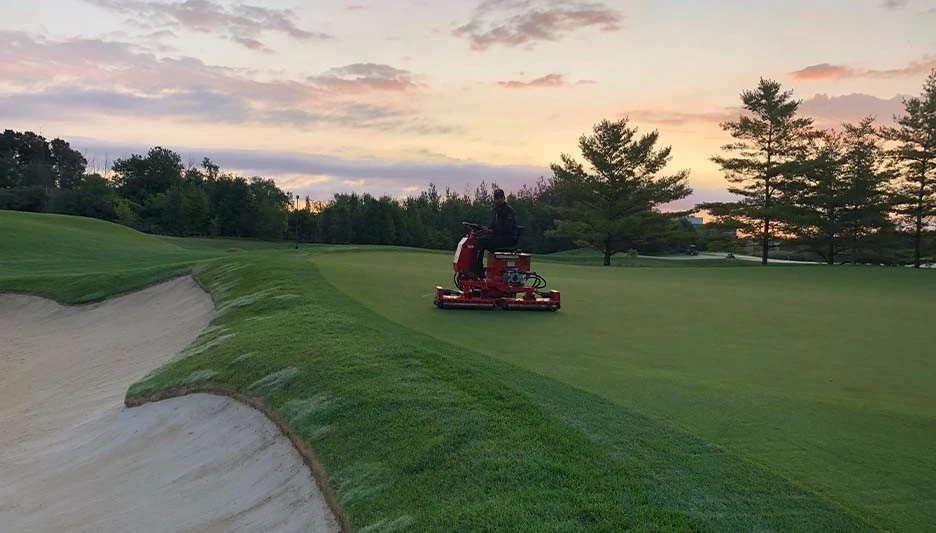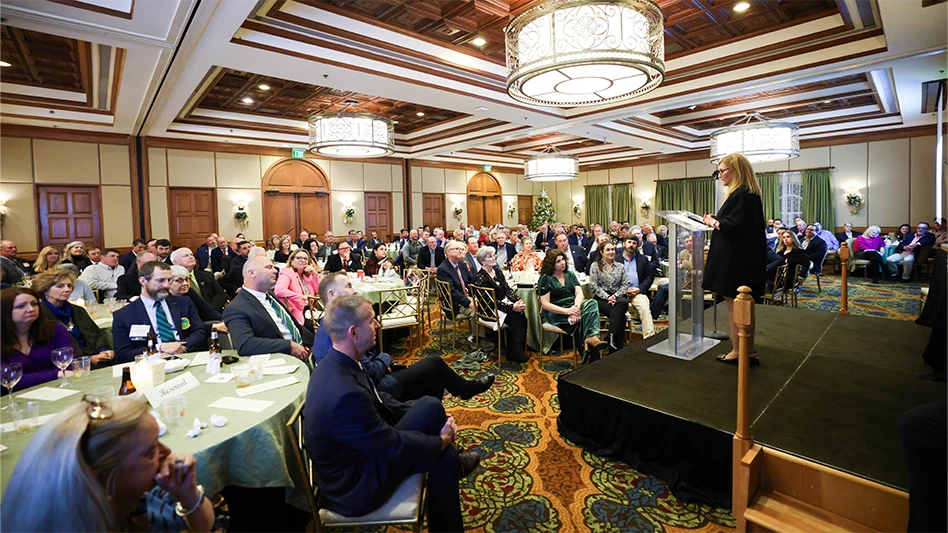
Guy Cipriano
Since this is the season for tournaments – from golf’s majors to regional events and championships – it’s also the season for volunteering.
What does it mean to be a volunteer? The standard definition is “a person who freely offers to take part in an enterprise or undertake a task,” and yes, that’s a big part of it.
But the explanation I like better is “a person who works side by side with others for a common purpose.” Volunteering – if you do it right – is a chance to help yourself while you help put on an event.
Don’t volunteer simply to pad your résumé. Having a bunch of events listed under “experience” isn’t necessarily viewed as a positive attribute by those looking to hire. Why did you go and what did you learn? Afterward, be able to articulate the reasons you went and specify what you learned, who you met, and what positives you brought back to your home club.
Let’s get to the practicalities of volunteering.
Don’t assume you can just walk up and get a volunteer job. The signup process, particularly for majors, starts well in advance of the tournament dates. Reach out to the host course or local organizations to find out how and when to volunteer. And, critically, talk to the management at your home course, because you’re going to be away in the heart of golf season.
Once you’re in, among the considerations are what to bring, what to eat and what to avoid. Also, how to behave as well as how to work. What (and who) to watch – and watch out for. You are there not just representing yourself, but your home club.
Bring extra clothes, a rain suit, shoes that can get muddy (and worse), prescriptions and anything else you won’t have time to look for once you’re on site. When you arrive, you’ll likely be given a map, flashlight and water bottle. Take them all, and anything else offered. Assume your host gave them to you for good reasons.
There are different protocols and nuances for different types of volunteers. What follows provides a good start to a successful volunteer experience.
Superintendent
If you’re there because the event is coming to your course in the future, keep your eyes and ears open at all times. Meet the current staff and ask questions. Probably the most important thing you can do is focus on contingencies: what if, where and how. No event comes off without its share of curveballs, weather delays, and other problems, big and small. How those are handled is key, not only to the event’s success but how the staff is judged.
Be very aware of timing, particularly the various daily preparations, methods and practices. These include putting-green mowing and rolling; morning fairway mowing; green irrigation prep; hole changing; and the countless other daily tasks.
Constantly consider what you would do – will do – when it’s your turn. Finally, and most important, ask questions. But ask at the right moments, not in the middle of a crisis.
Assistants
This is the group that probably has the most to gain from volunteering in terms of both knowledge and networking.
Since you speak the same language and probably manage the same tasks, hang out with the other assistants to learn and network. Pick their brains and share in return. Ask how they respond if volunteers or staff are no-shows; find out where the irrigation system controls are located; learn the shortcuts around the course that let you avoid spectators and traffic. And constantly be thinking about the same things on your course.
Take advantage of the opportunity to meet, listen and learn. Talk to vendors, suppliers, and others with allied interests. Introduce yourself and network. Bring plenty of business cards and even a few résumés (just be smart about handing them out).
Remember you’re always a representative of your home club. And superintendent. Behave accordingly.
Vendors and suppliers
The host superintendent will contact you well in advance with a list of needed supplies, from fertilizers to pesticides to growth regulators as well as diesel and gas, if there is any left! Make sure all those supplies on in stock and on hand, and if more are needed, are readily – and quickly – available.
Latest from Golf Course Industry
- Golf Construction Conversations: Reed Anderson
- ’Twas the Night Before Christmas (on turf)
- Twas the Night Before Christmas (the turf version audio)
- Advanced Turf Solutions and The Aquatrols Company release soil surfactant
- Heritage Golf Group acquires North Carolina courses
- Editor’s notebook: Green Start Academy 2024
- USGA focuses on inclusion, sustainability in 2024
- Greens with Envy 65: Carolina on our mind





